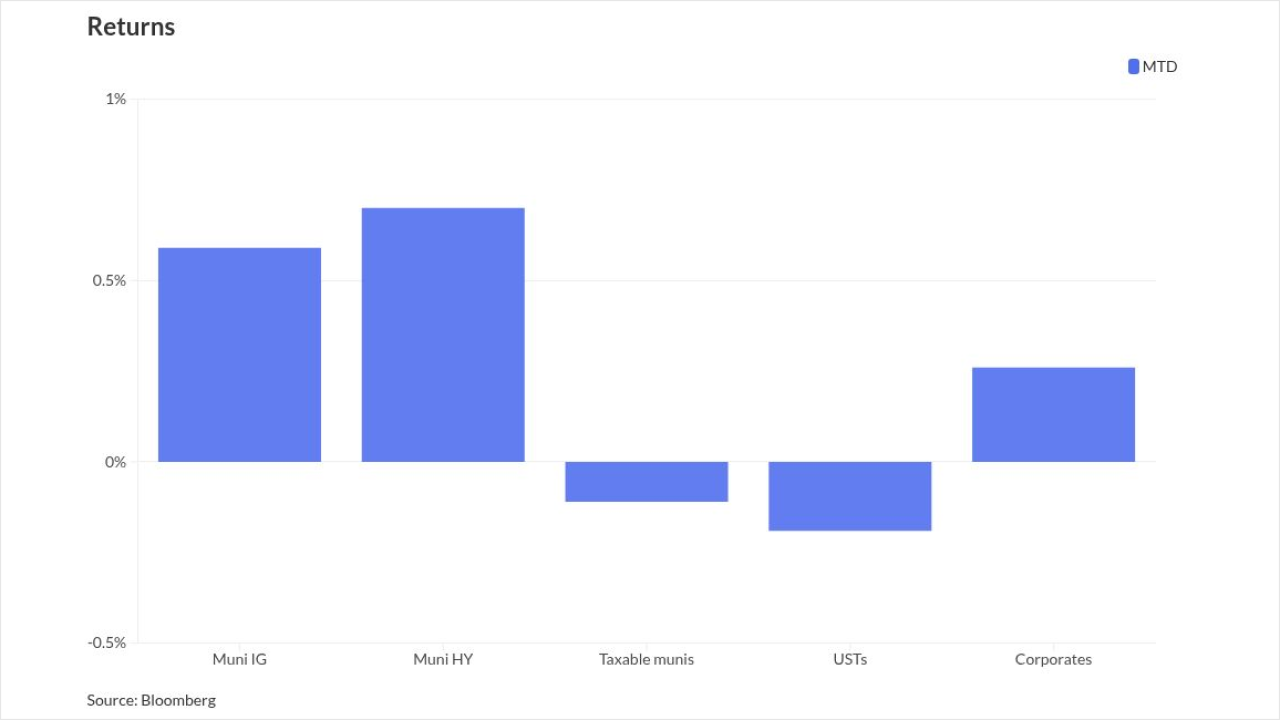
Chicago Public Schools officials revealed they will not be making the disputed $175 million Municipal Employees' Annuity and Benefit Fund payment that the city had asked the district to pay.
The announcement was made in conjunction with the release of the district's 2026 budget at a board meeting last Wednesday.
Mayor Brandon Johnson's administration last July proposed that CPS take out a short-term $300 million loan to cover the costs of the pension payment, so the city would not have to shoulder it.
Former CPS CEO Pedro Martinez balked, and the school board resigned en masse rather than fire Martinez, but the mayor's handpicked replacement board
With CPS facing
CPS is holding two budget hearings on Aug. 19 seeking community feedback on the proposed budget. On Aug. 28, it will present the budget to the Board of Education for a vote.
CPS spokespeople did not respond to requests for comment.
In releasing its
Among other things, the budget upholds promises made to labor groups in recent contract negotiations and states that CPS will reimburse the city for the MEABF payment "contingent on additional state revenue, additional TIF surplus revenue, or other local resources" beyond budget assumptions.
"We're happy to see that the ($300 million short-term) borrowing was not included in the budget, given the fact that that would have only exacerbated the district's structural imbalance," Ashlee Gabrysch, Midwest region manager for local government ratings at Fitch Ratings, told The Bond Buyer. "It would have solved the pension payment this year, but it does nothing to find a recurring source for that annual expenditure."
Following the rollout of the budget, the Civic Federation released a statement praising CPS for "more closely aligning expenditures with reasonable revenue projections," and said the district deserves kudos for resisting City Hall's pressure to hurt its own credit rating by taking on costly short-term debt to make the MEABF payment.
"We commend the district for technically balancing the budget without further harming its financial well-being and operational stability," the Civic Federation said. "We urge the Board of Education to vote in favor of the proposed budget and CPS to immediately begin the work of identifying sustainable solutions for the years ahead."
Gabrysch said about the MEABF payment, "the Illinois pension code points to the city" as being responsible.
The city and the district have an intergovernmental agreement that is re-certified annually, she said, "but ultimately the city has to solve for that."
Gabrysch also underscored that the city and CPS have the same tax base, and so "it seems that the most prudent thing would be for them to figure out how they solve this in the most financially responsible way, given both entities' lack of ability to find additional revenues and make the necessary expenditure cuts."
Ying Huang, a director at S&P Global Ratings, said by email, the 2026 budget's structural budgetary adjustments are limited, and "could push significant structural imbalance into outyears and, as a result, weaken the district's reserve and liquidity positions."
She said the MEABF payment continues to add an element of uncertainty to CPS' budgeting process and noted the budget's $79 million increase in assumed TIF surplus monies from fiscal 2025 levels.
"The current budget proposal includes the assumption of substantial TIF surplus revenue from the city and tapping into the reserve fund to balance the budget," Huang said. "Given a reliance on numerous one-time solutions in the proposal, CPS' structural stability appears to be on a downward trajectory; as such, any additional one-time solutions — such as short-term loans — would be viewed as temporary fixes that are unlikely to support long-term credit quality."
She also noted property tax delays in Cook County have led CPS to ramp up its reliance on tax anticipation notes.
"The county has had some difficulty getting their new technology system up in place," Gabrysch said. "The district I think has been very forthcoming in terms of the fact that they have very little liquidity, very little cash on hand. So it's likely that this is kind of a return to prior practices. The district is no stranger to having to issue these notes; this is not the first time that they're doing that."
Gabrysch added, because the district is not a home-rule entity, it has few options when it comes to increasing revenues. Around 70% of the district's budget is taken up by fixed costs or other legally mandated costs.
"So for the district to right-size operations, they're really going to have to figure out how to live within their revenue means," she said. "And it will be difficult — given all of those very high fixed costs — to keep cuts away from the classroom."
But the district has said it wants to avoid such cuts, with an eye to keeping student numbers stable and avoiding a downward spiral of escalating cuts and plummeting enrollment. The question, Gabrysch said, is where is the money going to come from, with the district already levying the maximum currently allowed?
"The state has its own budget challenges," she said. "It doesn't really seem like substantial new monies are forthcoming from Springfield. That does not seem like it would be a prudent thing to bet upon, definitely in the short term, but probably even the medium term."
Fitch and S&P rate the Board of Education's general obligation debt BB-plus with a stable outlook.
KBRA assigns a BBB-plus to the board's 2016 to 2019 bonds and a BBB rating to all other outstanding bonds; the outlook is negative.
Moody's Ratings rates the board's GO debt Ba1 with a positive outlook.





